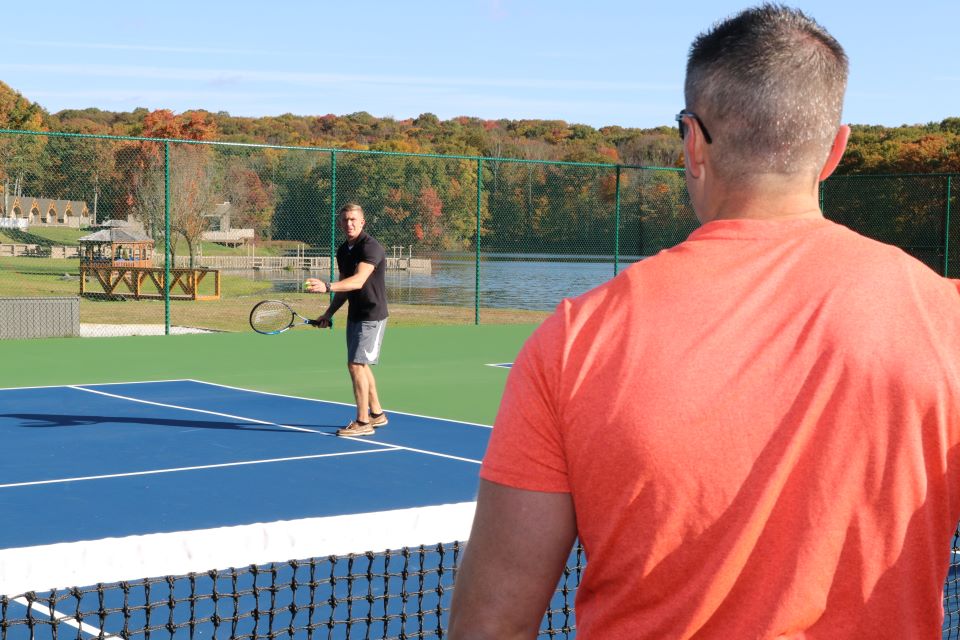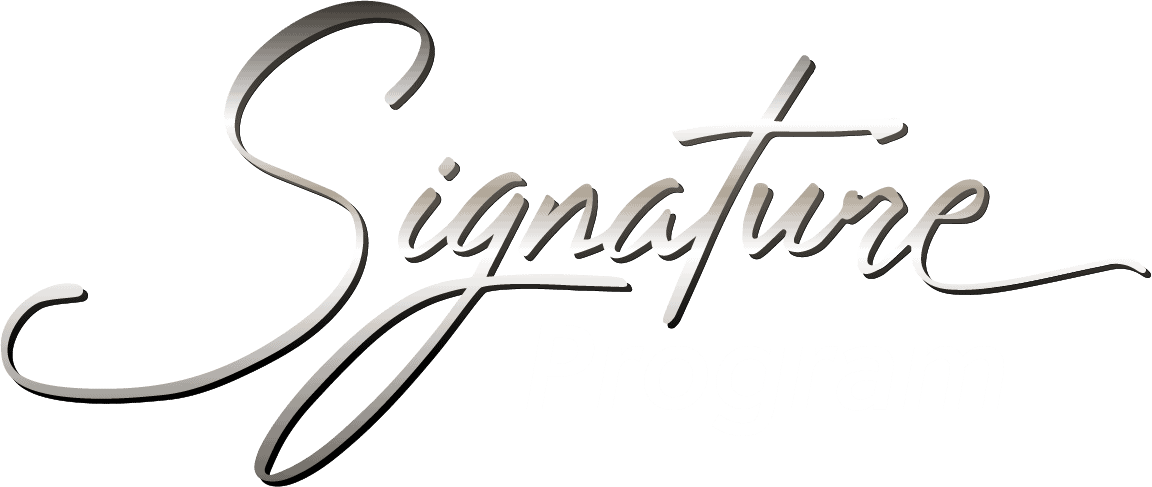The Benefits of Recreational Therapy in Addiction Recovery

Within the last few decades, the substance use disorder treatment industry has made extraordinary advances, continuing to evolve through the use evidence-based practices. In doing so, treatment professionals have found that the utilization of inclusive treatment models are most valuable to those suffering from substance abuse and mental health diagnoses. The combination of various modalities, including traditional clinical practices, holistic approaches, social and psychological services and medical interventions should all be considered throughout the treatment experience. This also includes the utilization of recreational and wellness therapies, that have proven to be exponentially beneficial to those seeking recovery.
So, what is recreational therapy, what options are available to our patients and why is it such an essential tool in the recovery process? Here’s everything you need to know…
What is Recreational Therapy?
Recreational therapy is a treatment modality that utilizes recreational activity as a means to aid in one’s recovery process, providing an effective and often fun way to combat their substance use disorder. This practice has shown to benefit individuals both mentally and physically, as it has the potential to impact their mindset, behavior and of course, their physical well-being.
Recreational and wellness modalities may vary depending upon the patient, their needs and personal preferences. Similar to clinical practices, what may be helpful for one individual, may not for another. So, while some may find enjoyment from intense physical activity such as weight-training or basketball, others may find relief in relaxed, reflective strategies, such as yoga or hiking.
How Recreational Therapy Aids in the Recovery Process
Addiction is a three-fold disease. It impacts the individual on a physical, mental and spiritual level. In order to encourage change and promote healing, treatment practices must be geared to address each of these affected areas.
Improves Physical Wellbeing
While in active addiction, many typically lose interest in their hobbies and begin to neglect their physical well-being. Exercise and proper nutrition are no longer a top priority, sometimes creating unexpected health conditions that could have easily been avoided. Through physical activity and healthy eating habits, risks such as diabetes and high blood pressure are greatly reduced, and one’s strength, endurance and muscle mass are improved.
Establishes Healthy Emotional Framework
It is no secret that as one begins to feel better physically over time, their mental and emotional framework also improves. Recreational therapy impacts deeper aspects of a person’s life, often creating lasting change where previously only clinical and medical approaches were believed to have a serious influence. For starters, substances like opioids or alcohol can deplete the brain of its natural endorphins, a chemical that promotes feelings of pleasure and happiness. However, physical activity has proven to naturally release endorphins, such as dopamine, becoming extremely valuable during the early stages of the treatment process.
Keeping active further reduces negative feelings associated with addiction, such as shame, guilt and resentment. Rather than obsessing over what they can’t control, patients are taught to focus on things that are within their grasp, empowering them to make positive changes within themselves and their lives. Healthy coping mechanisms are established, leaving behind negative thought and behavior patterns that once contributed to their substance abuse. In addition, as the patient grows more confident, possibilities, such as a life in recovery, no longer seem hopeless.
Encourages Fellowship & Connection
Lastly, recreational therapy promotes fellowship among patients and their peers, a fundamental philosophy found within most recovery networks. Patients are given the opportunity to bond with others in their community, establishing something that is so often ripped away from them in their addiction and is crucial for healing…Connection. Through these connections, individuals learn how to trust again and understand the importance of building a strong support group.
What is Most Effective?
In many cases, the recreational or wellness therapy that resonates best with a person is something they enjoyed long before their drug use began. Reconnecting with that activity provides a connection to their life before addiction and their new life in recovery. This encourages reflection and reminds them that it is possible to live without drugs and alcohol.
Those who do not reconnect with a former activity benefit most from having access to a wide range of recreational therapies. This presents the patient with several opportunities to have new experiences, allowing them the chance to develop new interests and understand what works best for them.
At Brookdale Premier Addiction Recovery, we offer an array of both indoor and outdoor recreational activities to our patients, which include:
- Basketball
- Tennis
- Volleyball
- Indoor & outdoor swimming pools
- Bocce
- Shuffleboard
- Hiking trails
- Paddle boating
- Fishing
- Snowtubing
- Fully equipped fitness center
- Personalized training sessions
- Sauna
- Yoga
- Meditation
- Reiki
- EFT Beginner (Emotional Freedom Therapy)
- Chi Kung exercises
- Biofeedback bed
- Art & music therapy
Getting Help for Substance Use Disorder Today
Recreational therapy has become a crucial part of the recovery process for many, as it provides a new avenue for healing, empowerment and overall change. Additionally, it pairs well with traditional therapeutic modalities, teaching coping mechanisms and encouraging fellowship and connection.
If you or someone you love is currently seeking treatment for substance use disorder, it is important to know what options are available to you. Here at Brookdale, you or your loved one would work closely with our medical and clinical teams to create comprehensive treatment strategies tailored to your needs. This can include various detox protocols, clinical and holistic approaches, recreation and wellness opportunities and continued support and follow-up care. Most importantly, we recognize your case is unique and will do everything in our power to align your needs with best practices, allowing for the chance at a Life…Recovered.
For more information about Brookdale or to speak with someone about scheduling admission, please call us directly at 855-575-1292.

